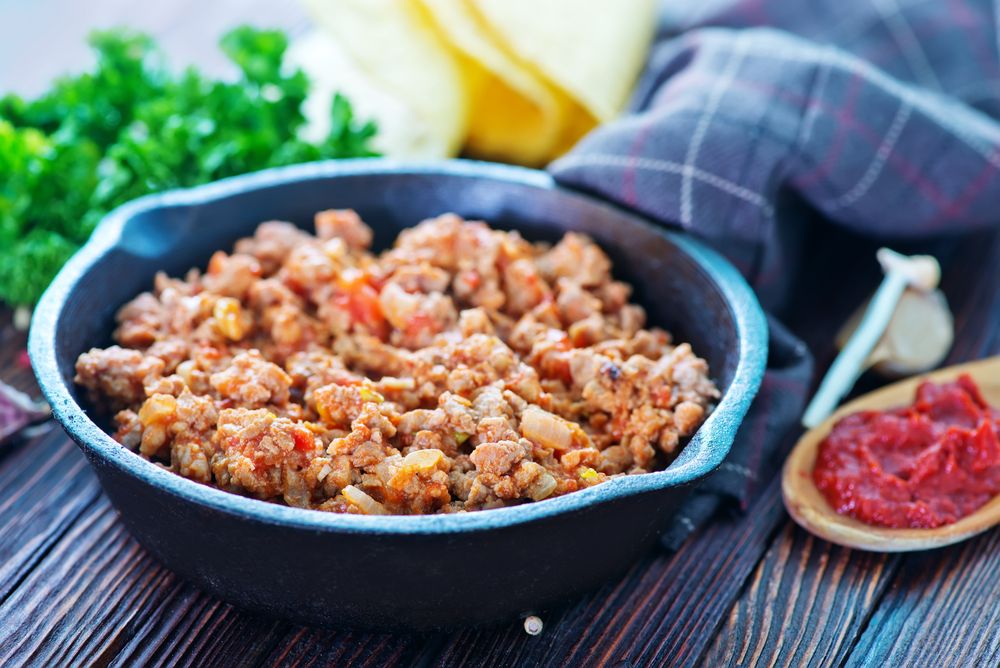
While turkey bacon and deli meat are popular lunchtime options, choosing ground turkey can provide even greater health benefits. For starters, ground turkey is available in leaner varieties compared to ground beef, making it a low-fat, high-protein choice. Additionally, turkey is generally a highly nutritious food, and ground turkey avoids the health risks linked to many processed turkey products.
"Processed turkey items may save calories, which is why they're a popular choice, but they tend to be very high in sodium. Just one serving of turkey sausage can contain up to 20% of your daily sodium intake," explains Sarah Keathley, RD, LD, a dietitian with Top Nutrition Coaching. She also points out that some processed meats and deli products have been associated with an increased risk of colorectal cancer due to the use of nitrates in their preservation process.
Next time you're at the grocery store, consider bypassing the deli counter and opting for a pack of ground turkey. Not only is it a lean, protein-rich choice, but it also offers a range of health benefits supported by research. In the following sections, we’ll explore the top advantages of incorporating ground turkey into your diet and why it should become a regular part of your meal rotation. Once you're convinced, try cooking one of these 31+ Best Healthy Ground Turkey Recipes for Weight Loss.
Ground Turkey Nutrition
According to the USDA Food Database, a 3-ounce serving of ground turkey contains the following:
Nutrition (Per 3-ounce cooked):
- Calories: 173
- Fat: 9 g (Saturated Fat: 2.3 g)
- Sodium: 66 mg
- Carbohydrates: 0 g (Fiber: 0 g, Sugar: 0 g)
- Protein: 23 g
Ground turkey is high in protein.
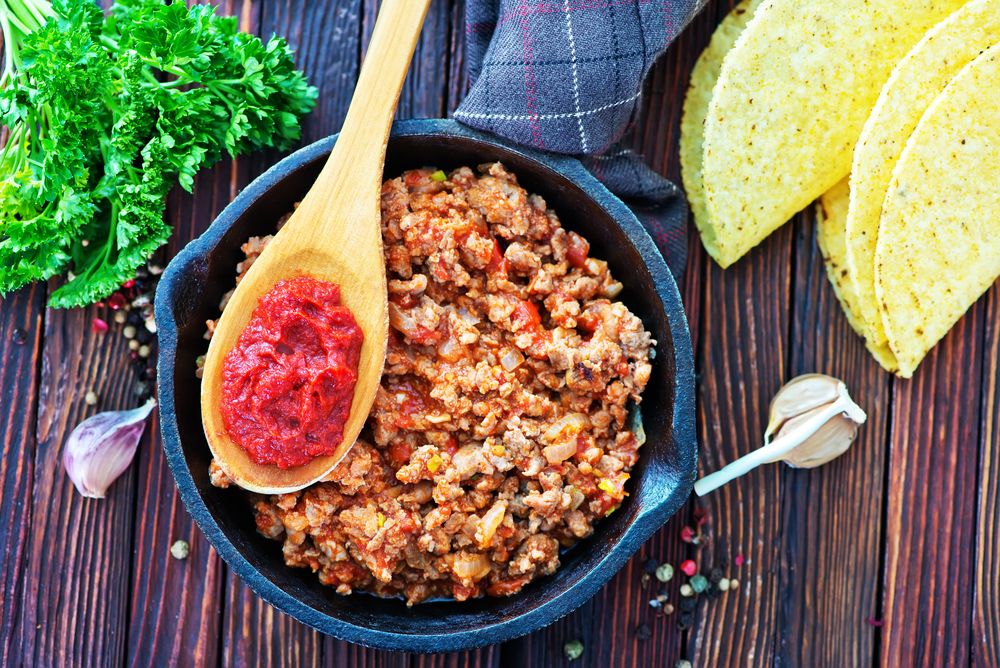
The popular holiday bird, turkey, is an excellent source of high-quality protein. A 3-ounce serving of 93% lean turkey provides 22 grams of protein for less than 180 calories. Turkey is considered a "quality" protein because it offers a complete amino acid profile, containing all the essential amino acids needed for building and repairing cells.
Protein plays a vital role in nearly every bodily function. "Protein aids digestion, oxygenates red blood cells, and regulates hormones," explains Keathley. "It's also essential for building and maintaining muscle mass and supports a healthy metabolism." Whether you lift weights or do other forms of resistance training, consuming enough protein is crucial for muscle growth. Even if you don't work out, it's important to get enough protein to preserve muscle mass and promote a healthy metabolism.
It's low in saturated fat.
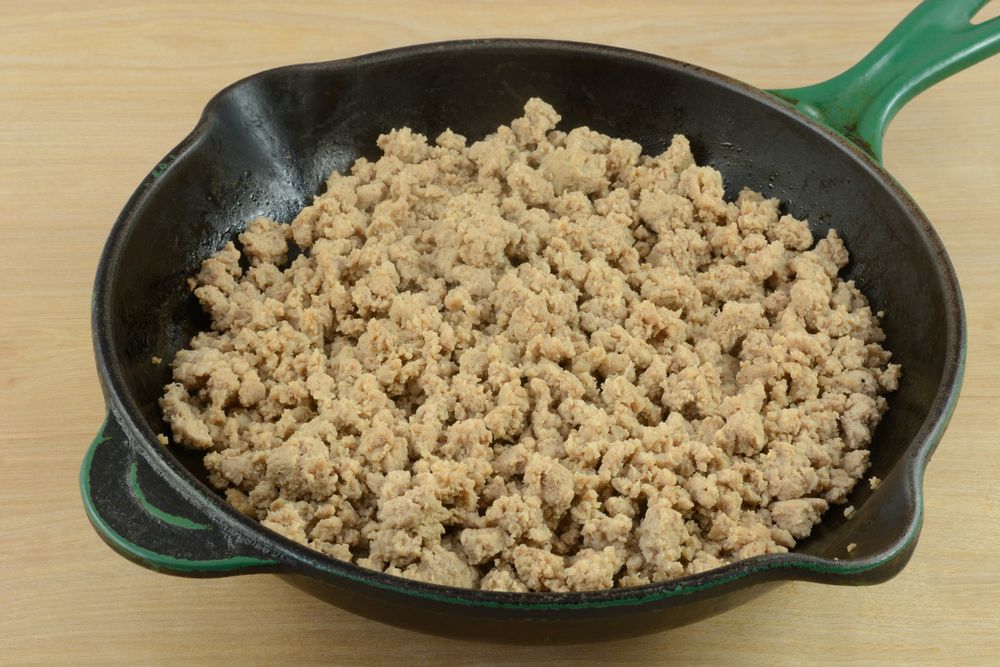
Ground turkey is generally lower in saturated fat compared to ground beef. A 3-ounce cooked serving of ground turkey contains about 2.5 grams of saturated fat, while the same serving of ground beef has around 4.8 grams.
"Previous research suggests that diets high in saturated fat can lead to artery buildup, raising LDL cholesterol (the 'bad' cholesterol) and increasing the risk of heart disease and stroke," says Keathley. "Although newer research presents mixed findings, we still emphasize this approach in the healthcare field."
Turkey has heart-healthy fats.

While ground turkey isn't lower in total fat than beef, it does contain less saturated fat. So, where does the fat in turkey come from? Primarily from unsaturated fats, including both polyunsaturated and monounsaturated fats.
"Unsaturated fats are a healthier, protective type of fat," says Keathley. "Research suggests that replacing saturated fats with unsaturated fats may help reduce the risk of cardiac events." The American Heart Association also advises increasing unsaturated fat intake to lower bad (LDL) cholesterol levels.
It's rich in vitamins.
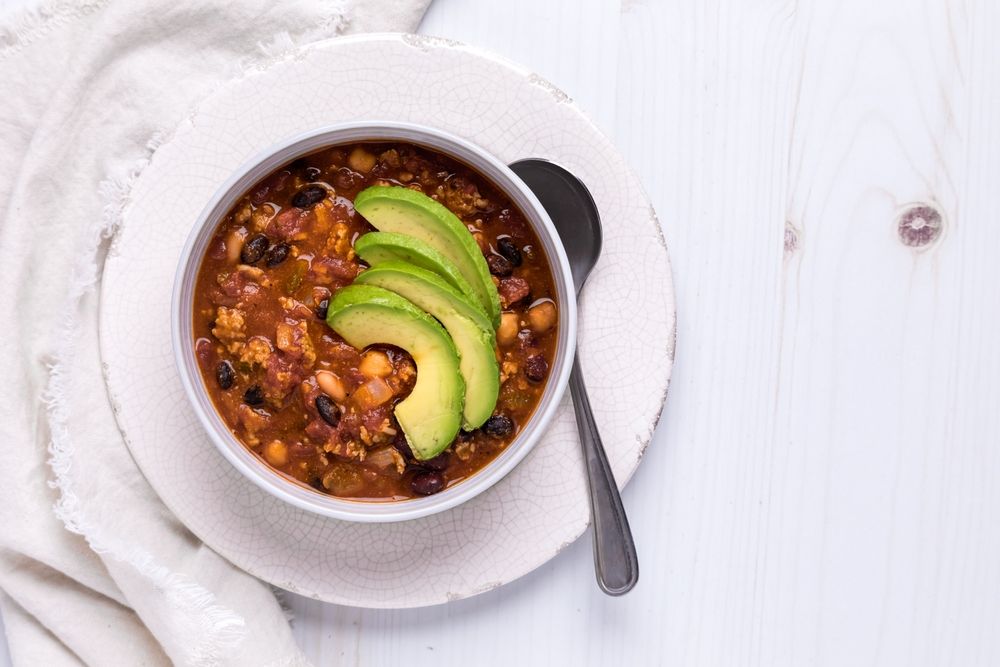
Including turkey in your weekly meal plan can help boost your intake of B vitamins, which are essential for energy and overall health. A 3-ounce serving of ground turkey provides 50% of your daily value (DV) of vitamin B3 (niacin), which aids in converting food into energy, according to Keathley. Additionally, you'll get 35% of your DV for vitamin B6 and 56% of your DV for vitamin B12, which supports DNA production and keeps blood healthy.
It may also be worth investing in pasture-raised turkey, as a 2018 study from the Agriculture Department found that poultry from grass-fed flocks contains less total cholesterol, more vitamins A and E, and higher levels of healthy omega-3s. These turkeys also have a more favorable omega-3 to omega-6 ratio, which helps protect against inflammation.
Ground turkey is high in minerals.
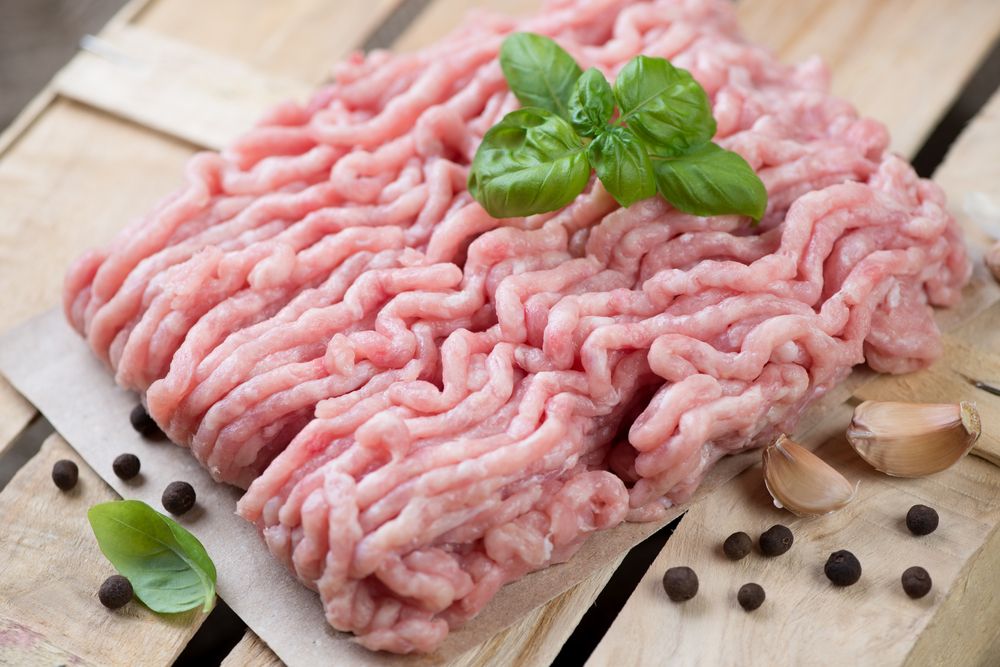
Turkey is a rich source of essential minerals that are often overlooked in our diets. It’s particularly high in selenium and zinc, providing over 56% of your daily value (DV) for selenium and 28% for zinc. Additionally, turkey is a good source of phosphorus, offering 20% of your DV.
"These minerals play crucial roles in the body, including supporting DNA health, bone formation, and cell protection," says Keathley. Turkey also contains small amounts of iron and potassium, further contributing to its nutritional value.
It's affordable and versatile.

Ground turkey is often more affordable and versatile than other ground meat options. "On average, it costs about 40% less per pound than a comparable ground beef product," says Tami Best, RDN, CDN, IFNCP, a dietitian with Top Nutrition Coaching.
While some may find turkey bland, its mild flavor makes it adaptable for a variety of dishes, easily absorbing the flavors of the other ingredients in the meal.
Here are three ways Keathley incorporates ground turkey into her meal rotation:
Turkey Burgers: Create a lean burger patty packed with seasoning and topped with fresh vegetables. Making your own patties allows you to control the ingredients, says Keathley.
Turkey Tacos: Fill your tacos with spices, peppers, onions, salsa, and black beans for a zesty dish full of lean protein, fiber, and nutrients.
Turkey Chili: Load this hearty chili with vegetables, seasonings, and beans for a lean meal that's perfect for leftovers.
It's high in the amino acid tryptophan.

Ground turkey, like all animal proteins, is a complete protein, meaning it contains all essential amino acids. However, poultry is particularly rich in the amino acid tryptophan. "It's important to prioritize foods high in tryptophan, as its absorption can often be limited by other amino acids," says Best.
Tryptophan is a key precursor for producing the neurotransmitter serotonin, which is crucial for regulating mood and sleep. In fact, tryptophan depletion has been associated with increased anxiety, according to a study.
Turkey can help with weight loss.

If you're aiming to lose body fat, consider swapping fattier cuts of meat for lean ground turkey. A 3-ounce cooked serving offers 173 calories, 9 grams of fat, and 23 grams of protein. Ounce for ounce, lean ground turkey delivers the same amount of protein as ground beef but with fewer calories.
Lean ground turkey is a great low-calorie source of complete protein. The combination of low calories and high protein helps you stay full while boosting your metabolism. Protein also helps preserve lean muscle mass, which supports a faster metabolism and aids in weight loss, explains Best. "This is essential for those looking to lose weight and maintain their progress."

